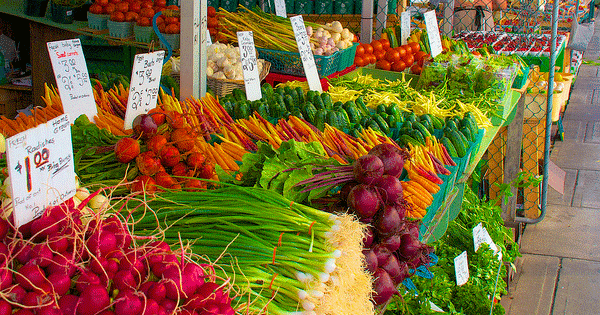There's nothing quite like the dread that comes around when you have to throw out unused, moldy produce the day you were going to eat it. Not only is it a waste of food, but it's a waste of money.
You might not know this, but all foods have a very specific way to store them to ensure that you'll get the most of your food.
For example, you should be keeping foods like onions (7-10 days), tomatoes (7-10 days), garlic (3-4 days), pears and plums (3-4 days), avocados (3-4 days) and bananas (2-5 days) on the counter or in your pantry.
Other foods should be kept in the refrigerator, like carrots (14-21 days), oranges (12-14 days), mushrooms (2-5 days), cucumbers (10-12 days), apples (10-12 days), celery (10-12 days), kale or other heart greens (10 days), blueberries (8-10 days), asparagus (7 days), romaine/spinach (5-7 days), grapes (5-7 days), broccoli (5-6 days), cauliflower (5-6 days), wild mushrooms (5-6 days), bell peppers (5-6 days), strawberries (3-5 days), and raspberries (2-3 day).
There is a trick that you can remember: the sweeter the fruit or vegetable is, the shorter its lifespan. You can also expect the overall lifespan to be diminished if the produce isn't in season. That means that when you buy strawberries in the winter time, their shelf life is significantly reduced.
Find out more amazing storage tips below!
Video Credit: WWLP-22News/YouTube
What do you think about this? Let us know what tips you have for storing produce in the comments!
Photo Copyright © 2012 15609463@N03/Flickr




